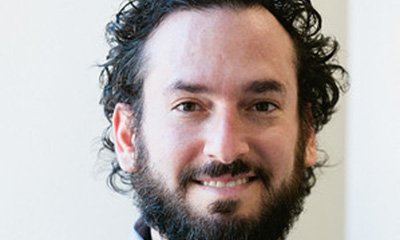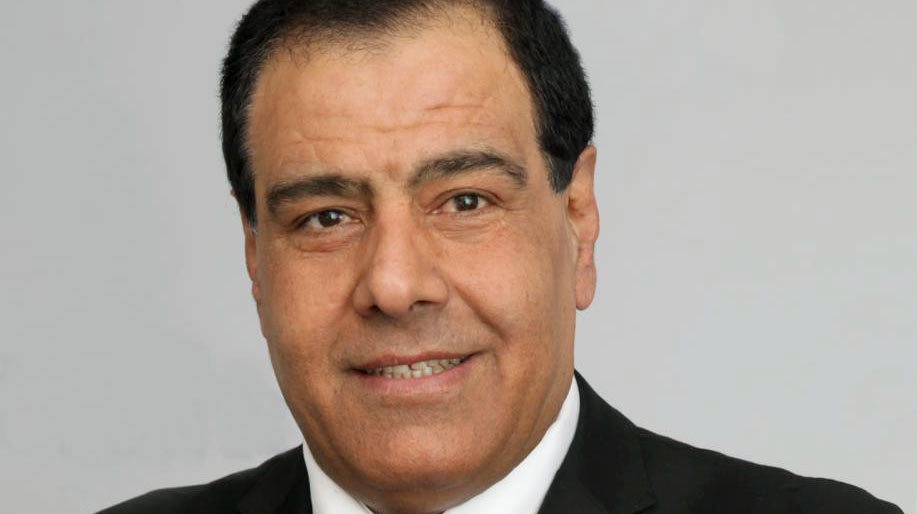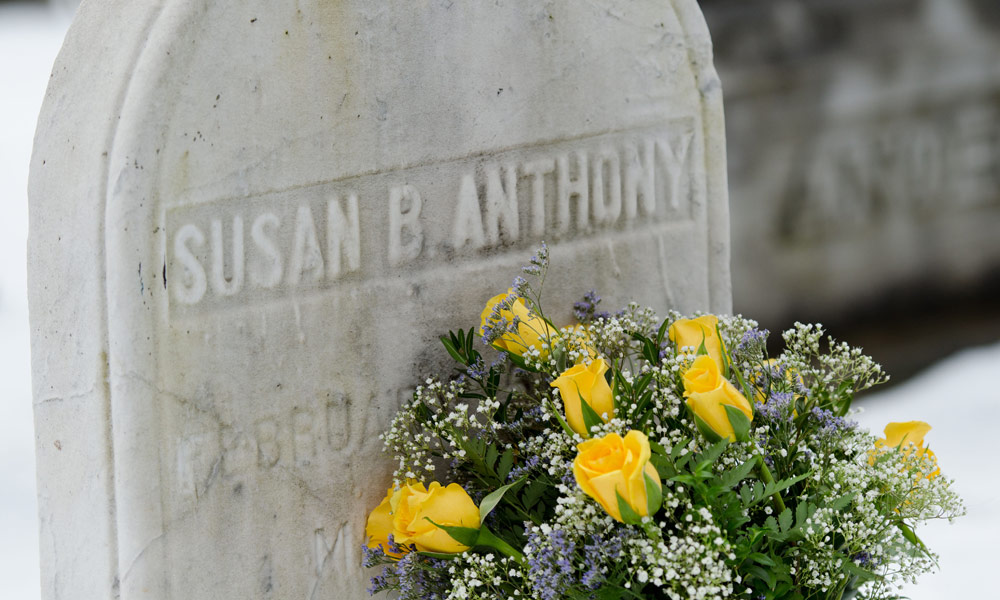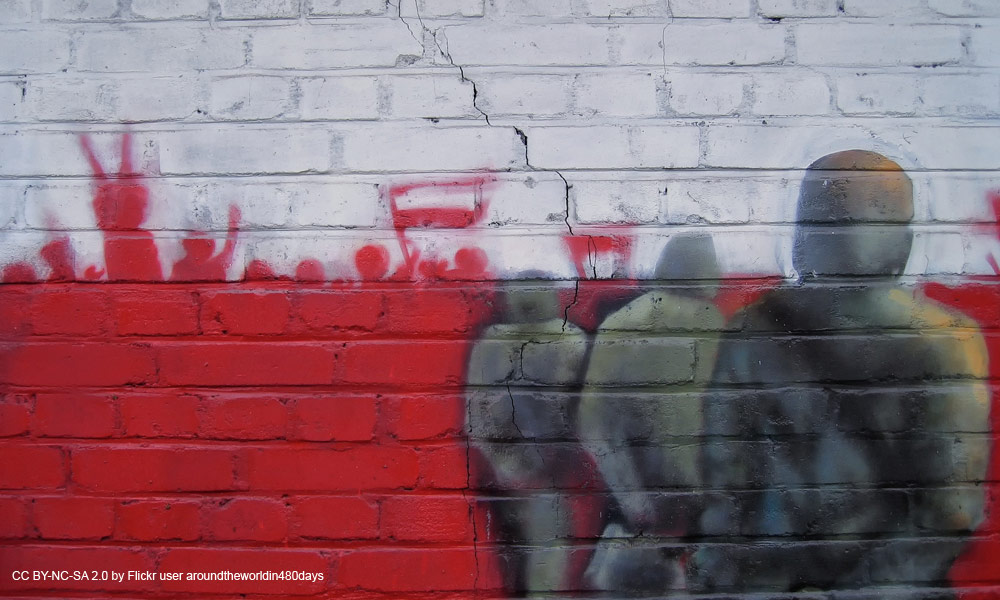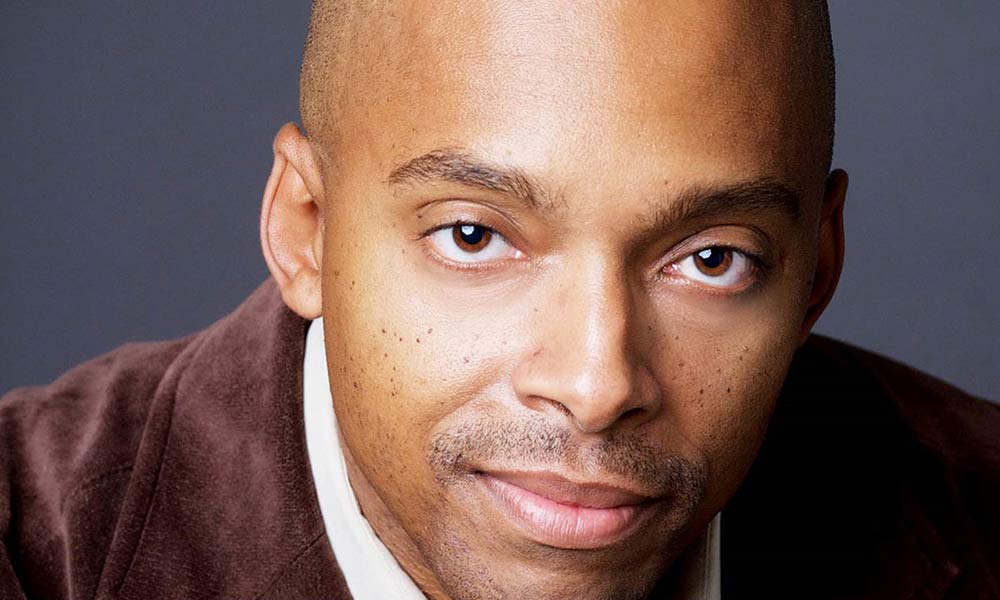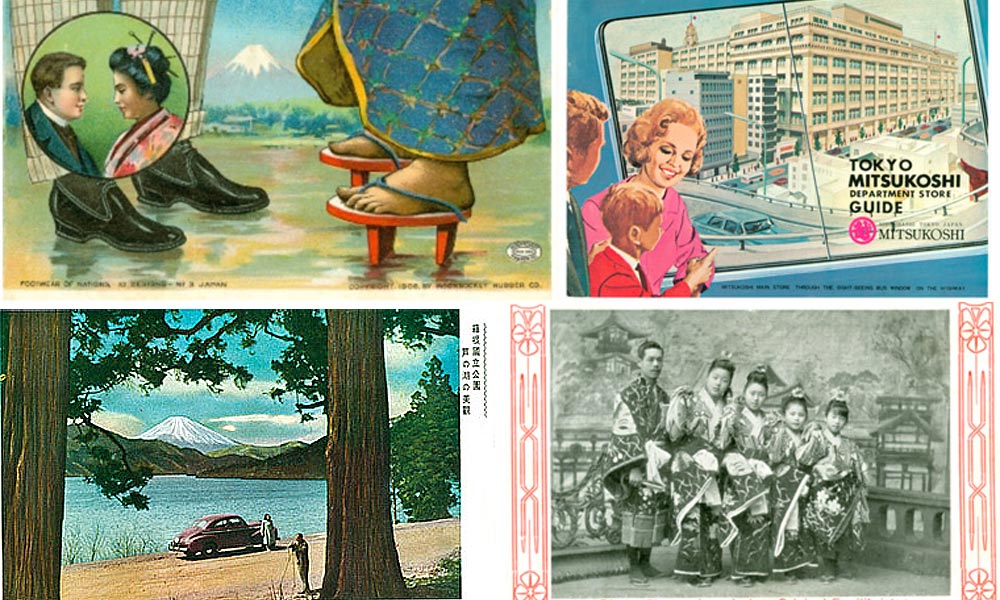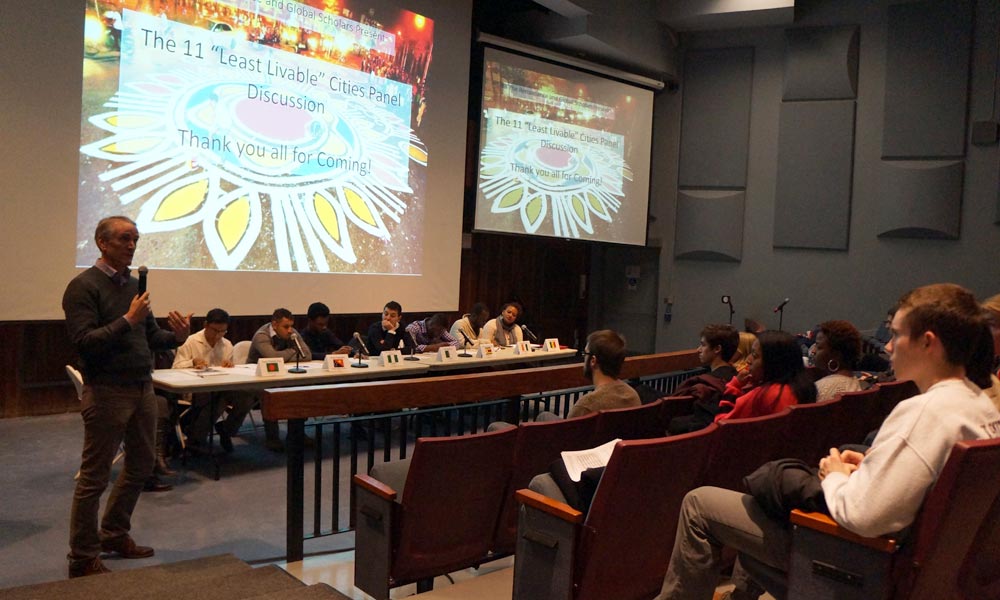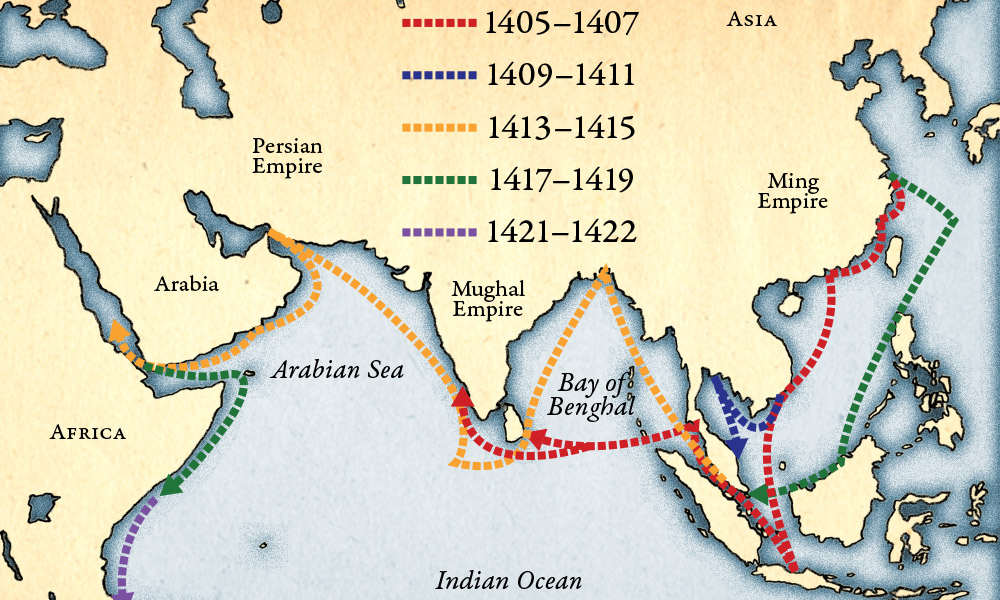
Society & Culture
What drives human exploration of the unknown?
February 27, 2015
In his new book, professor of history Stewart Weaver chronicles journeys of discovery from the pre-historic trek of humans across the land bridge over the Bering Strait some 12,000 years ago to the mid-20th century deep sea voyages of Jacques-Yves Cousteau.

